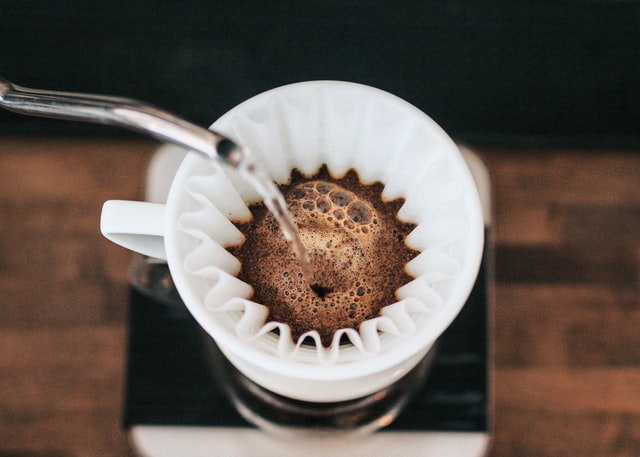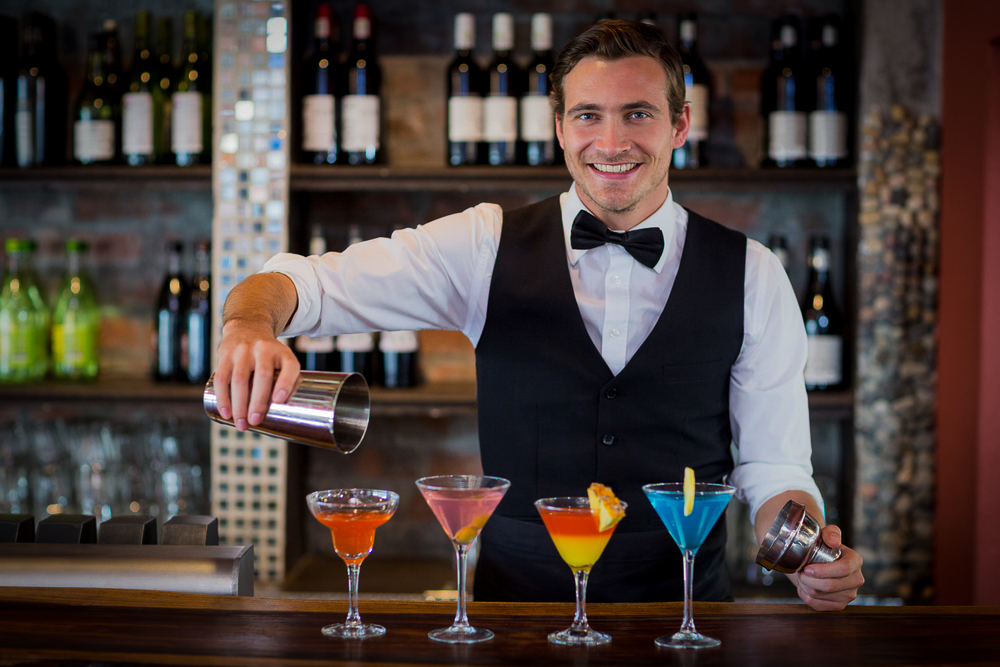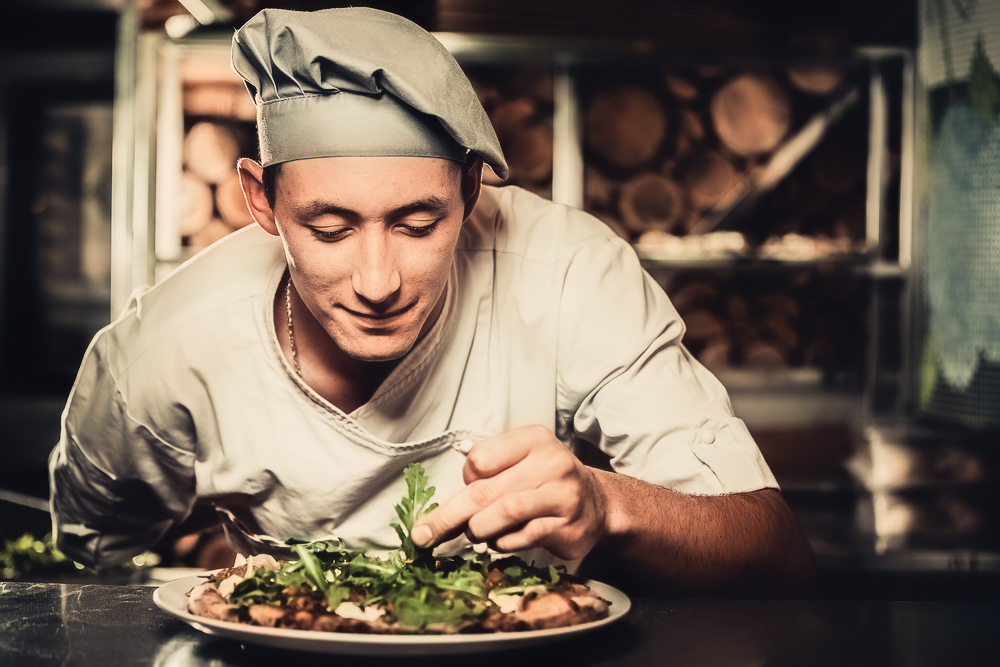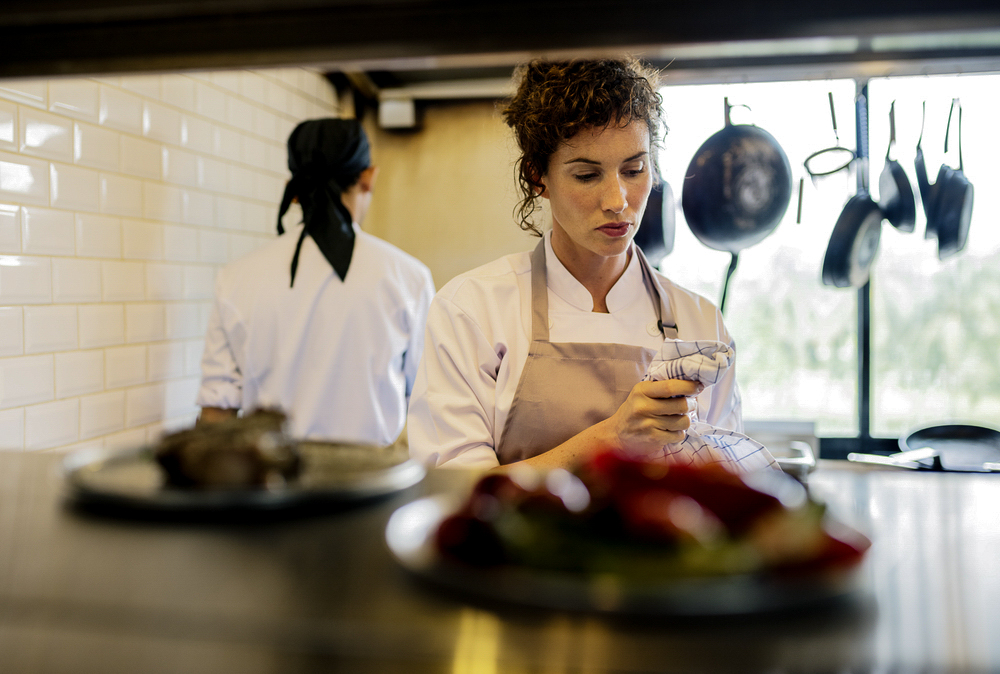
People around the world–not just in Australia–love a good coffee. While it has always been a popular beverage, with many aspects of coffee culture dating back to 17th and 18th century Europe, it is only in the last 50 years that consumption has risen dramatically. And with that growth, the role of baristas has become more visible and important. Today, you’ll struggle to find a café or restaurant that doesn’t employ a skilled barista, and it is not uncommon for some customers to follow baristas when they change employer.
What Do Baristas Do?
Barista is Italian for barman, but the role of barista has evolved to more narrowly focus on preparing and serving espresso-based drinks. There is a degree of skill involved in this, since good baristas are not only able to make a variety of espresso-based drinks, but they also understand what beans, roasts, and grind sizes work best for each. What baristas do in each workplace will vary, but at a base level they:
- know how to operate a variety of commercial espresso machines,
- select and grind coffee beans,
- know how to make a range of coffee drinks,
- can perfectly texture dairy and plant-based milks for each drink,
- can take and make orders, and also advise customers on each type of coffee drink,
- keep the workstation clean and organised.
Do You Need a Certificate to Be a Barista?
There is no formal qualification requirement for baristas. The skills that set good baristas apart can all be learned on the job, with a passion for coffee and a willingness to learn being more important than a certificate. However, when you are starting out, having a certificate can set you apart from other candidates. Depending on the qualification, it shows that you already have some knowledge of what a barista does and the ability to make the most popular espresso-based drinks. For employers, this means you won’t require as much on-the-job training as a candidate with no previous experience or qualification.
What Makes a Good Barista?
Being a good barista requires a combination of hard and soft skills. The hard skills can be acquired through accredited training and on-the-job learning. But there are a number of soft skills that should already be present, such as:
- A passion for coffee and customer service.
- A willingness to keep learning and practicing.
- Being team-oriented, with strong communication skills.
- Flexibility, efficiency, and orderliness.
- Consistency and attention to detail.
Some workstations might see you never actually interacting with customers, but others will have you taking orders from customers, making each order, and also handling payment. This requires skill at multitasking, being able to prioritise each order, and being willing to engage with customers while also preparing each order. You can easily learn how to prioritise tasks but learning to engage with–and delight–customers require more effort and a high level of extroversion.
At Coffee School by CHT we offer a variety of training for anyone interested in becoming a barista. There are the non-accredited Barista & Coffee Art, Coffee Appreciation, and Latte Art courses that can each be completed in a matter of hours. And then there is the fully accredited, two-day long Barista Coffee Master Class. Our accredited course covers all the basics of being a barista, along with crucial skills relating to hygienic practices for food safety. You will be assessed at the end of the Barista Coffee Master Class course. Successfully completing the course will see you being issued with two nationally recognised Statements of Attainment; SITHFAB005 and SITXFSA001. Making you more employable as a barista anywhere in Australia.




